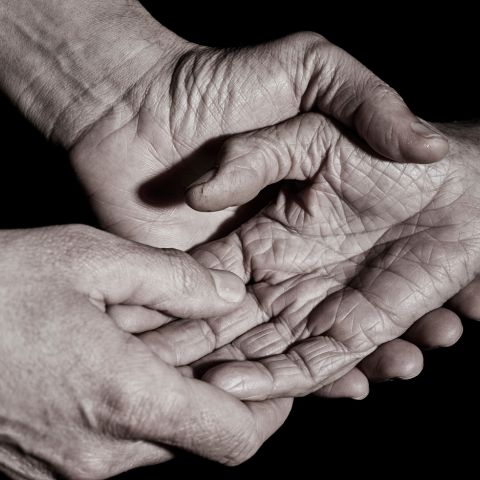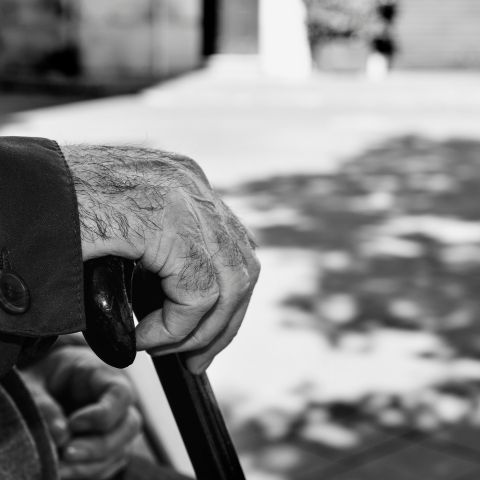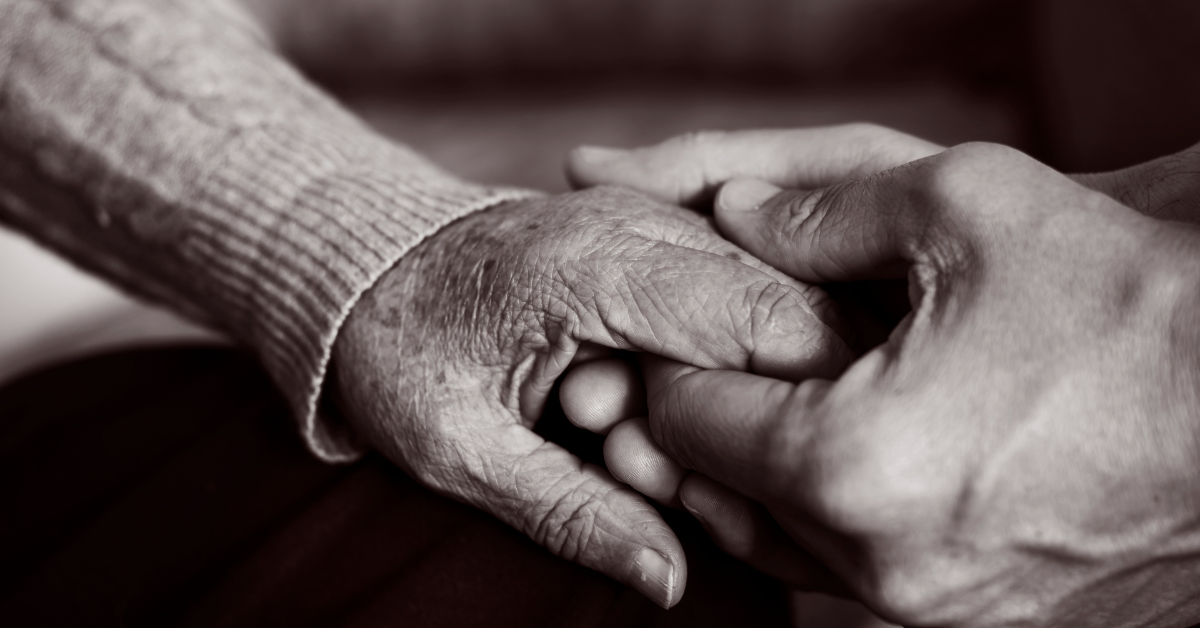MacCare’s Care Director, Sister Heide Archer writes:

“I have had a very close and personal encounter with frailty and so wanted to understand
- what it was,
- how to measure it and
- what can be done to mitigate the effects and in some cases reverse the process.

Frailty is something we see on a day-to-day basis, to various extents. We as individuals often just accept the steady decline, and pass comments such as: ‘’Wow she is looking tired” or “he has aged quickly”. What we should be asking is what causes this sudden decline in health? What brings it on and the impact on a person?

Frailty Syndrome has been researched and defined in medical terms which can often be unnecessarily confusing. I have taken some simple concepts from the below article to help you (and me) understand, helping us grow a greater understanding.
It results from an exacerbating negative energy balance, lack of muscle mass, diminished strength, and an intolerance for exertion. In simple terms, the energy taken in is less than the energy usage and so results in a deficit in energy levels. As the body cannot replenish these storages such a younger person could, it results in loss of weight, muscle wasting, fatigue, and weakness.
The residents are so tired, that they do not feel like getting up and doing anything, they lack appetite and eat less, and feel more tired, their levels of energy are even lower and continue to decline and get weaker. With this the risk of adverse incidents increases, their resilience to such incidents decreases and their impact on a resident’s health can be devastating.
The following criteria (identified and used by Woman’s Health and Ageing WHAS and Cardiovascular Health study CHS) are useful indicators of frailty and its severity:
- Weightloss,
- Exhaustion (self-reporting),
- Low Physical activity,
- Slowness as well as
- Grip strength.
These indicators have been broken up in severity and can be used to measure frailty and its trajectory. Which can be very useful to understand.

In MacCare we also use a Frailty measuring tool, the Rockwood Clinical Frailty Scale, to determine a level that can help us determine the right path forward. Once this has been identified, what can we do about it?
This is the part I like because it’s practical and gives hope in an otherwise sad and hopeless situation.
Frailty Focus Points KEY AREAS FOR ATTENTION
There are three areas in a person with frailty that we can concentrate on:
1 Nutrition,
2 Muscle strength and
3 Emotional
Nutrition: is very important and the cornerstone to better strength. Regular small meals packed with protein and nutrition. In-between supplements are important as they are easily digested and so contribute more readily to the positive availability and replenishment of the energy stores. Remember to enjoy the food, eat what you like, and listen to what you feel like.
Muscle strength and exercise: muscles are crucial for good health. Here a physio therapist is important to assess the weak spots and balance the correct exercise and amount of exercising. This is important because we want to build positive energy stores and not become exhausted again. Finding the sweet spot where the energy usage results in strengthening and storing and not in depletion and exhaustion.
Emotional: a will to live and a purpose to get up to every morning, looking forward to a special day, and happiness is irreplaceable and crucial. Here the small joys, family and friends, a kind word, a hug, and showing up for your loved one make all the difference.
In this article, there was one important fact needing explanation. People who accepted help and used aids did better in the long run than those who insisted on doing everything themselves. This is important because we think that using a walking stick makes us look weak or helpless when it is the other way around. Using an aid will reserve energy and increase confidence, decrease the risk of a fall which can have a devastating impact. It can change the narrative from I am too tired to go shopping, to I can go shopping and rest a little sitting on the walking aid when I am tired.
Frailty is often misconstrued to be a pre-morbid state defining an end of life. This is not the case, and findings have shown that frailty is reversible and can be treated when managed correctly.
In summary, I have learned that Frailty Syndrome is very real, but if we understand it, we can measure it and we can do something to mitigate the “effects and in some cases reverse it as stated earlier”. This gives me a solution to my challenge, this can be empowering for all of us. Giving us hope there is something we can do to help those we love.”

Fun Fact… Laughter is an instant vacation! Research shows that laughter can enhance cardiovascular function, reduce stress hormones, and improve overall well-being.

